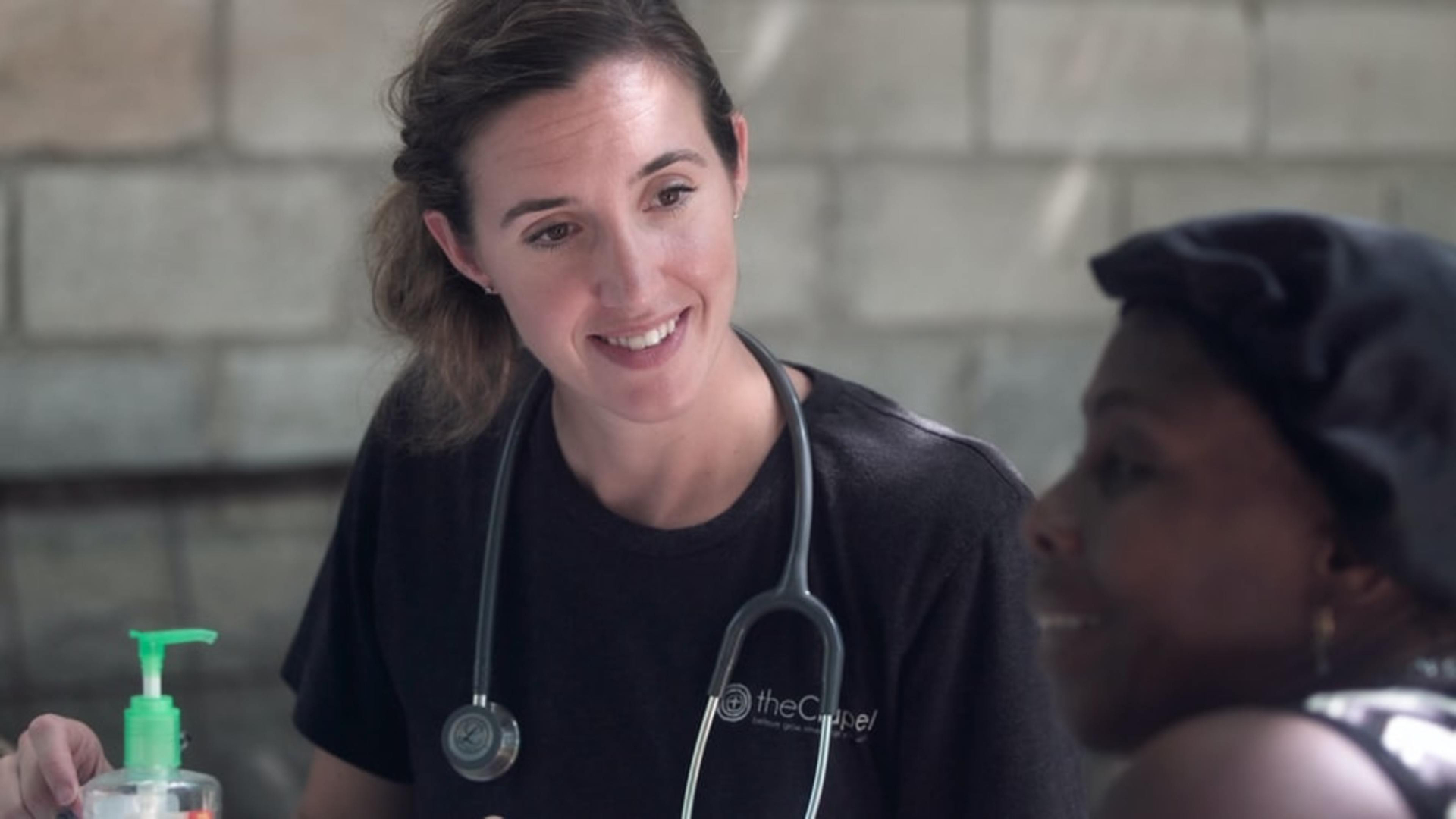What Is the Deal With Hospitals?

There are five major hospitals that expats use in Chiang Mai. Interestingly, they all are located within about a 40-minute radius. There are actually many more public hospitals, but expats don’t use them, mainly because of long waiting times and because the staff is less likely to speak English.
The major hospitals are Bangkok Hospital, Chiang Mai Ram Hospital, Rajevej Hospital, Mc Kean Hospital, and Sriphat Hospital. (Please note that you may need to press the English Language icon when you click on any of the links.) Personally, I have been to all of them for a variety of ailments and have been extremely happy with the services in these hospitals.
So, which is the best hospital for you? It really depends on what you want. Bangkok Hospital is like a luxury resort with sparkling marble floors. It is probably the most expensive and is JCI accredited. I had to visit a skin specialist there, which cost me $15. I had to have some moles and skin spots removed via surgery. It cost me over $1500, but since then I have learned, I could have saved a lot of money going to a different hospital.
Probably, the most popular hospital here is Chiang Mai Ram, and this is because it is the most centrally located for most expats that live near the Old City. My son had a consultation with a pediatrician a few years back, and he needed an x-ray. It cost less than $40. Even though it is one of the more expensive hospitals, it was still gob-smackingly cheap. If you buy a discount card for $5, you can even get a 5% discount on most medical services.
It took me a few years to uncover the truth about hospitals in Chiang Mai. They all have the same specialists; they just rotate. So the expats in the know go to the local hospital, Sriphat, to see the best in the business and save a lot of money. If it is a life and death situation, you go to Sriphat. Even though the walls may need paint, that is the place that has all the top life-saving equipment.
It is difficult to get price guesses beforehand, but here are some random estimates that may give you a better idea. A hip replacement will begin at around $12, 000 and a knee replacement at $5000. A mammogram will only set you back around $75 and a prostrate check comes in under $25.
Are there General Practitioners in Chiang Mai?

Many expats just rock up to their local hospital if they need healthcare, as it is a little more difficult to find an English-speaking GP. It took me three years to find one, and I trust him like I would my GP at home. It is important to ask around. Listen to other expat stories and try out a few.
But don’t judge a book by its cover. My GP works smack bang in the middle of the red-light district, and his office may not look like much. But he is the most brilliant diagnostician I have ever met, and he has a small lab upstairs where he runs his own tests. Lab tests can cost as little as $15.
Medical Tips You Need to Know
-

Typical Pharmacy in Chiang Mai by Rachel Devlin If you need surgery, remember to negotiate the price. Ask if the surgeon can do it more cheaply at a different hospital.
- You will need your passport to see medical staff, so keep it handy.
- If you have surgery, more often than not, there is a lounge bed so your partner can stay with you.
- Ambulances do not carry life-saving equipment. If you want an ambulance, you need to call the hospital that you want to go to and get their ambulance.
- If you have a significant health episode, hospital bills and tests can become costly. Ten days in an ICU could easily go over $10 000, so insurance is always best.
- If you are taking any medication regularly, you may buy some over-the-counter at a pharmacy, but for other medications, you may need to see a specialist for prescriptions. There are different rules here than at home.
What are your experiences with health services where you are? Did it take long to find out where the best doctor’s practice and still save a bundle? Let us know!
by: Rachel Devlin


